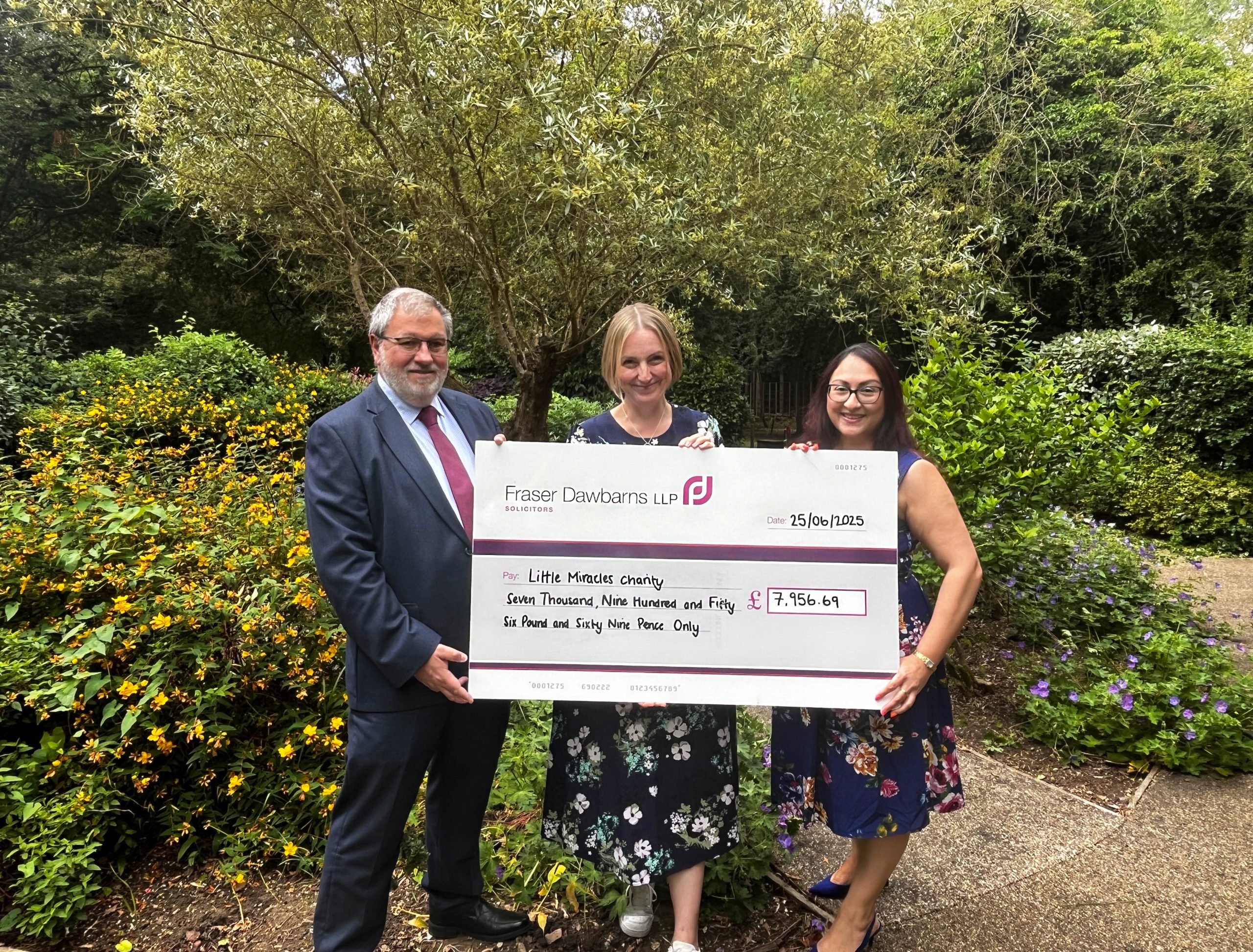Intestacy and the Importance of Making a Will
 The amount of people who do not have a Will is increasing. In 2018, it was reported that 60% of UK adults had not yet made a Will and are therefore at risk of dying intestate. A Will is one of the most important documents you can make, it ensures you can pass your assets on to the people you most want to benefit after you die.
The amount of people who do not have a Will is increasing. In 2018, it was reported that 60% of UK adults had not yet made a Will and are therefore at risk of dying intestate. A Will is one of the most important documents you can make, it ensures you can pass your assets on to the people you most want to benefit after you die.
If you do not have a valid Will when you die, this is referred to as dying intestate. It means there are set rules that govern what will happen to your assets which are called intestacy rules. If your estate is subject to these, your assets will very likely not be divided in the way you would have chosen.
You may not have made a Will because you have heard that your estate automatically passes to your spouse or civil partner, but this is not necessarily the case. If you leave behind a spouse and children, your spouse will receive the first £250,000 from your estate, your personal possessions and half of your remaining assets. The remaining half will be divided between your children. Children would include your biological and adopted children, but not step-children. This can create problems if your main asset is a property worth more than £250,000 and someone lives in it or if you want to include your step-children in your Will.
If your estate is valued below £250,000, it will pass to your spouse in its entirety. This can also cause problems if you have been married before and have children from a previous marriage. The children from your previous marriage may not inherit anything if your new spouse dies without making a Will or leaves their estate to other beneficiaries and excludes the children from your first marriage.
Contrary to common opinion, the law does not recognise a common law Husband or Wife, so it is especially important to make a Will if you live with someone but are not married or in a civil partnership. If you don’t, your partner will have no rights to inherit your assets under the intestacy rules, no matter how long you have lived together.
Dying intestate if you own a property with someone else (especially as tenants in common) means that your share of the property may not pass automatically to that person on your death. This could cause problems for the joint owner, particularly if they are living in the property and your beneficiaries wish to force a sale.
If you have no surviving family and die without having made a Will, your estate will pass to the Crown. Dying intestate in this situation means you are benefiting the Exchequer but passing up the opportunity to name your preferred beneficiaries, you may have preferred to leave something to as close friends or charities.
People with young children can also use their Will to appoint legal guardians in case they become orphaned and they can also say who will look after their inheritance. Furthermore, you are able to specify the age at which your children inherit, the minimum age is 18, but you may prefer to wait until they are 21 years old.
A Will is an important document that gives you control over what happens to your estate, Fraser Dawbarns are always happy to give you total peace of mind and help you to create a document that ensures your wishes will be carried out.
Find out more about James Davies
Find our more about our Wills services
Related Articles
Recommended By The Legal 500 Directory*
*We are recommended for the following practice areas: Corporate and Commercial, Debt Recovery, Employment, Personal Injury: Claimant, Agriculture and Estates, Contentious Trusts and Probate, Family, Personal Tax, Trusts and Probate & Commercial Property.
ServicesContact
















